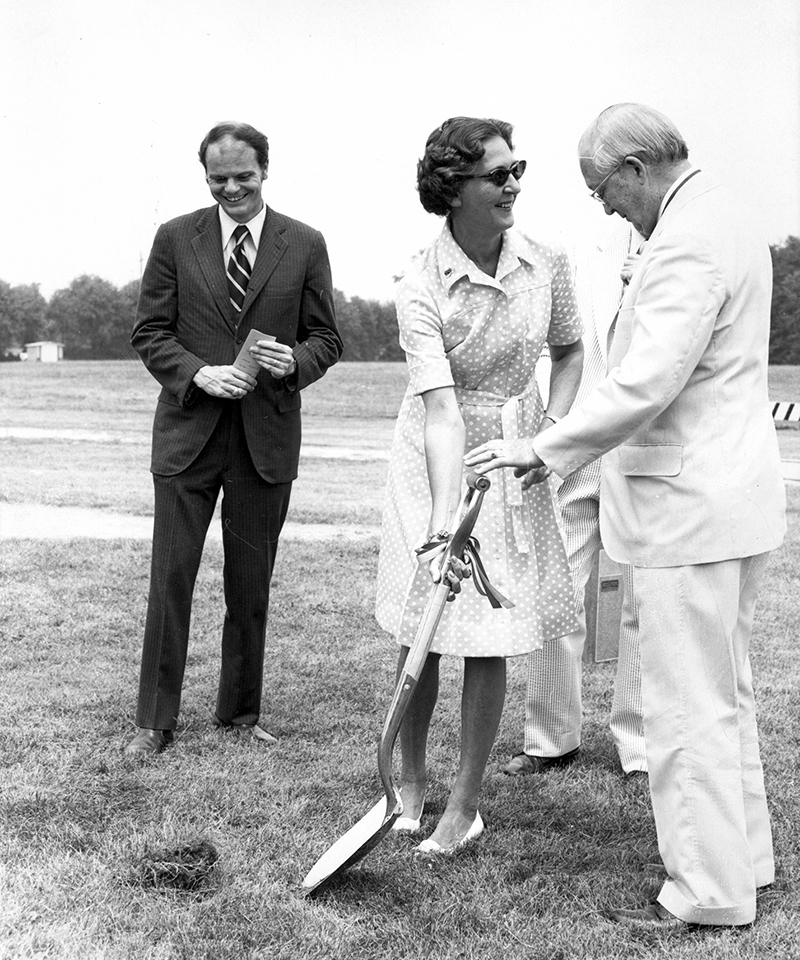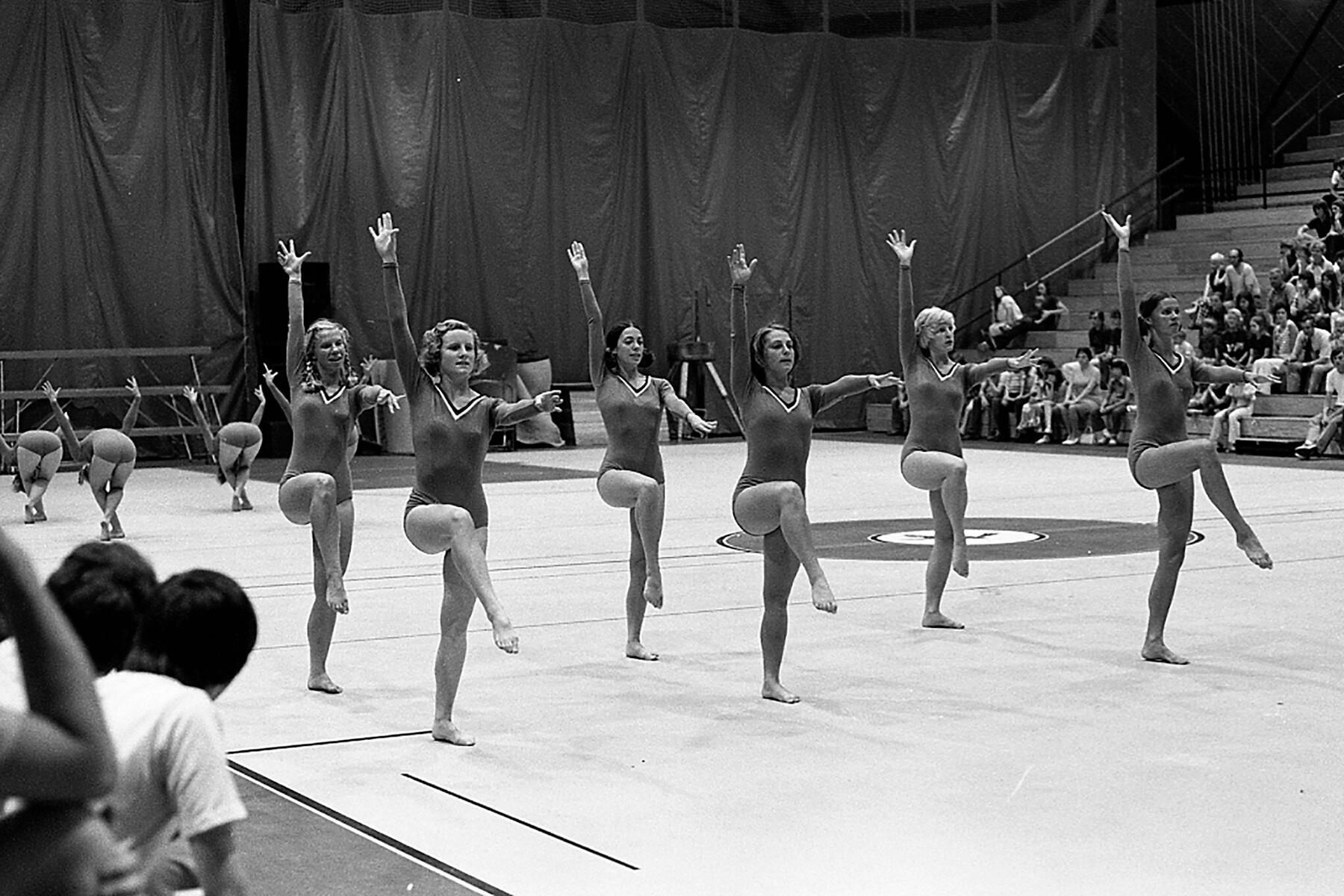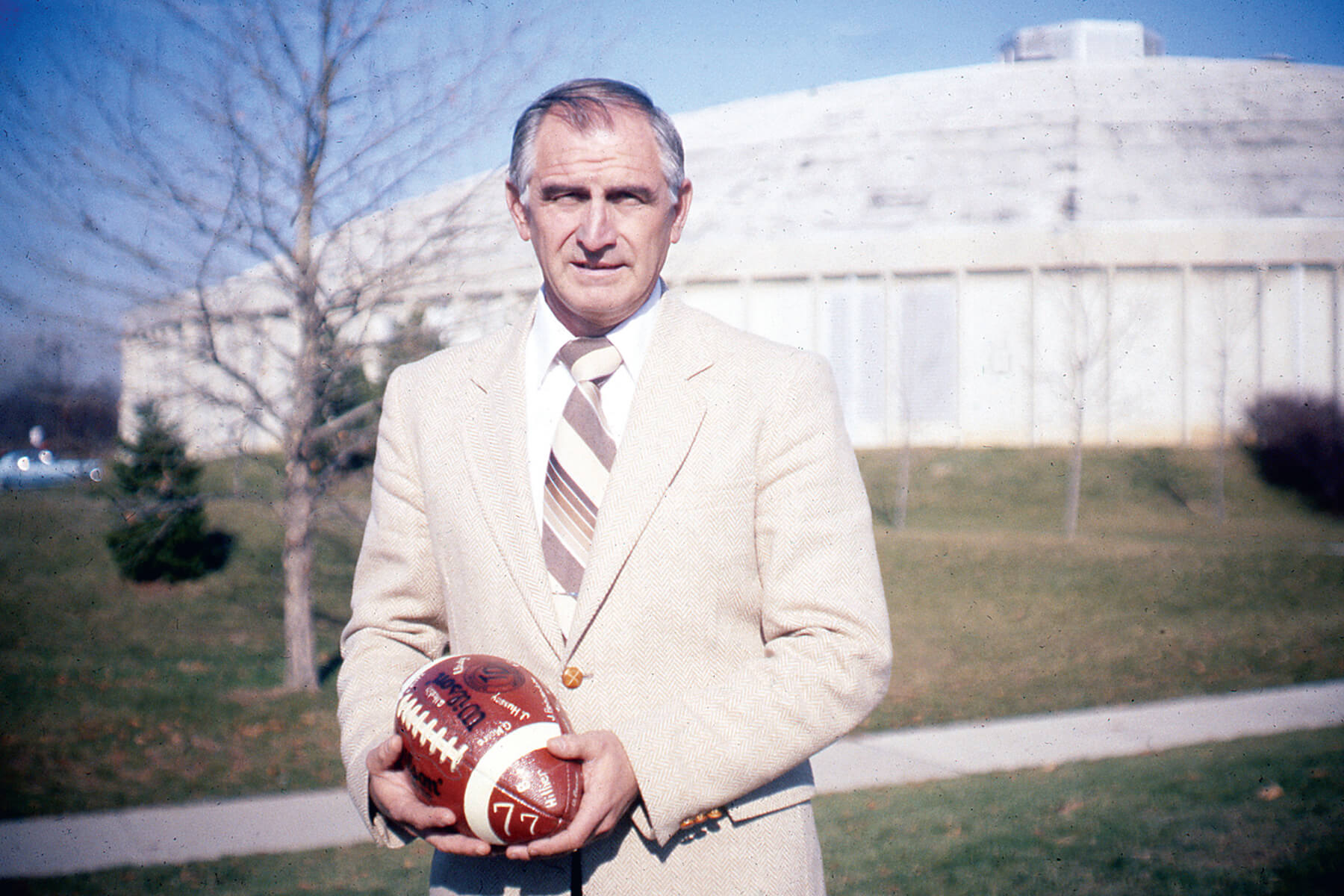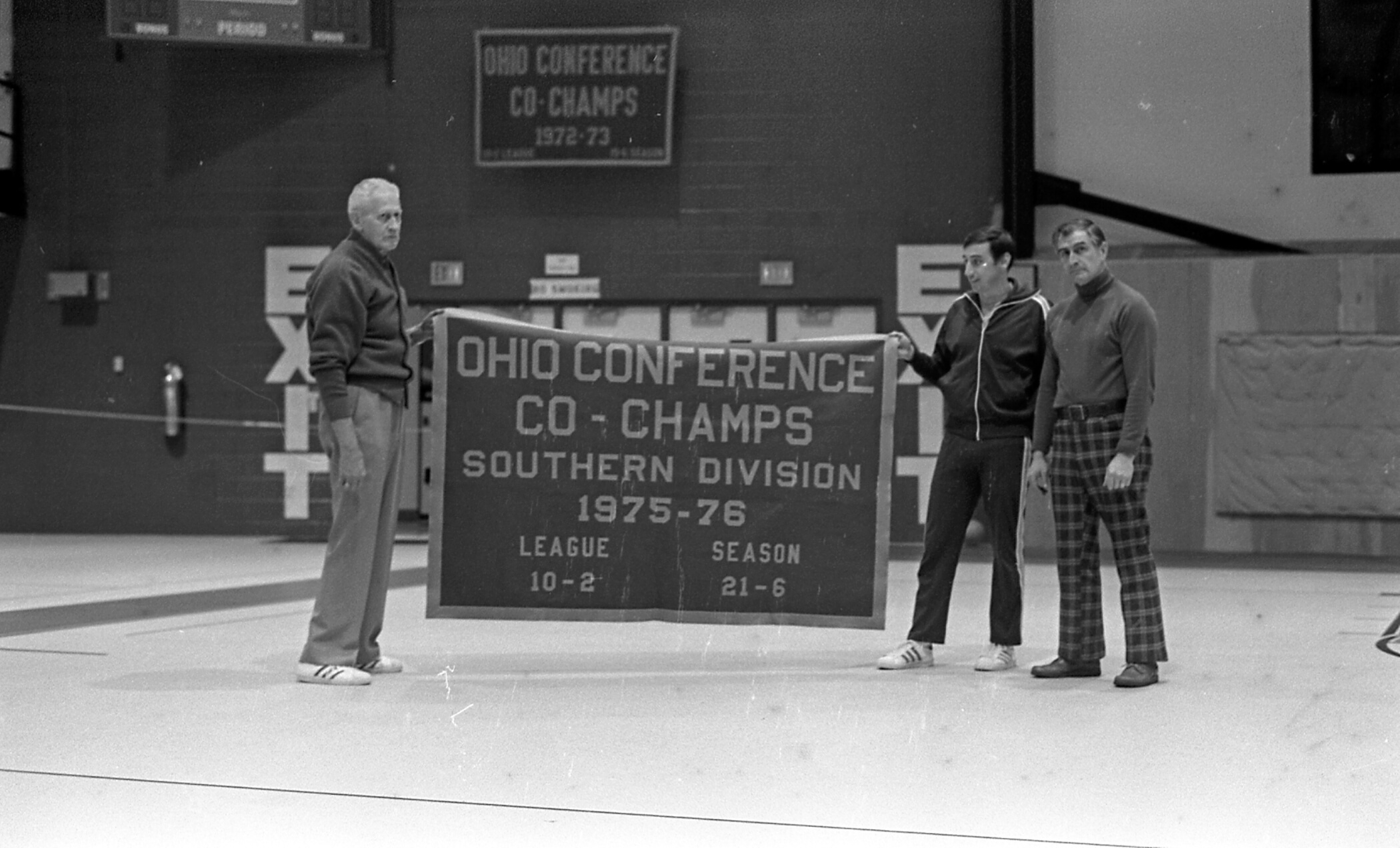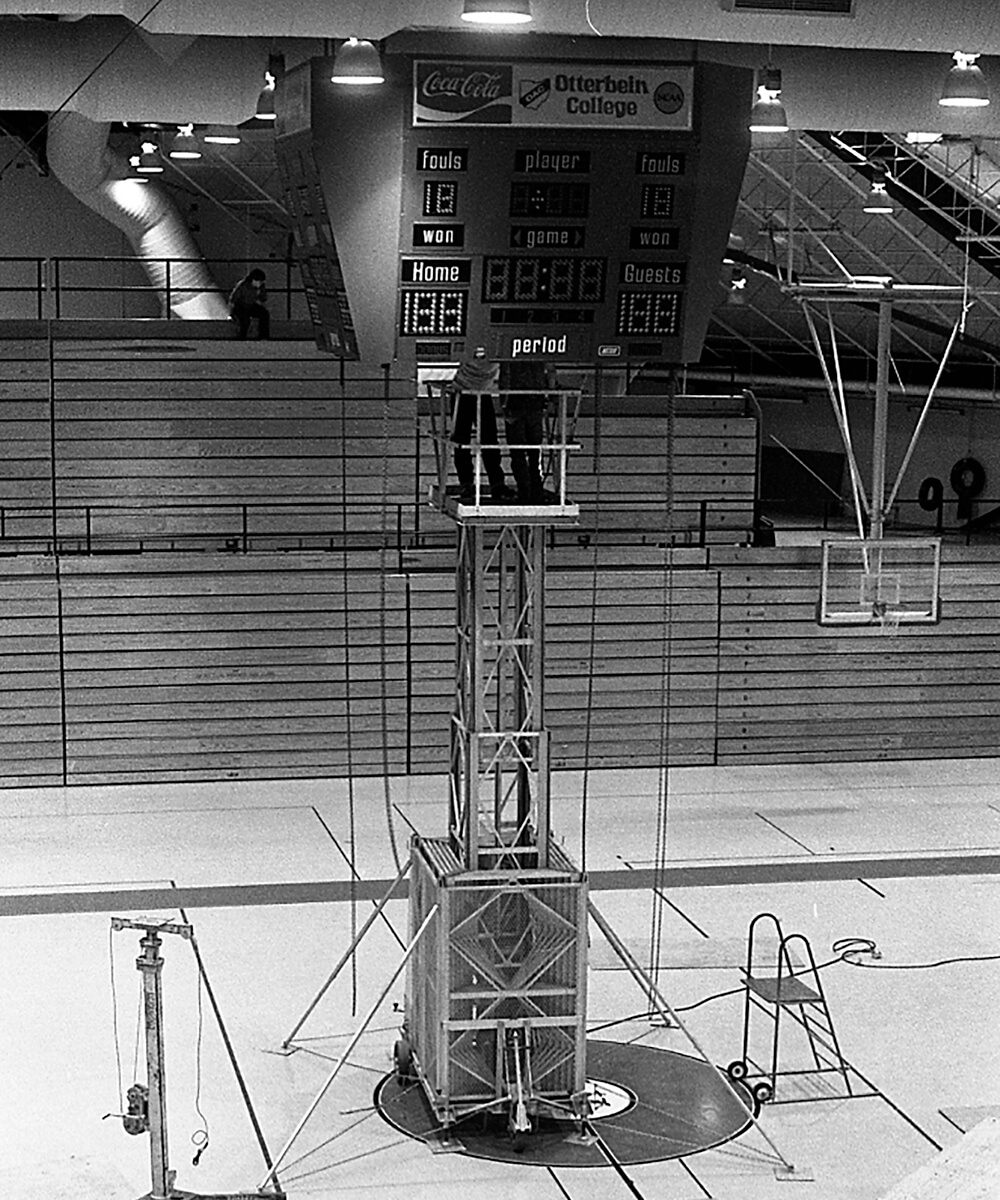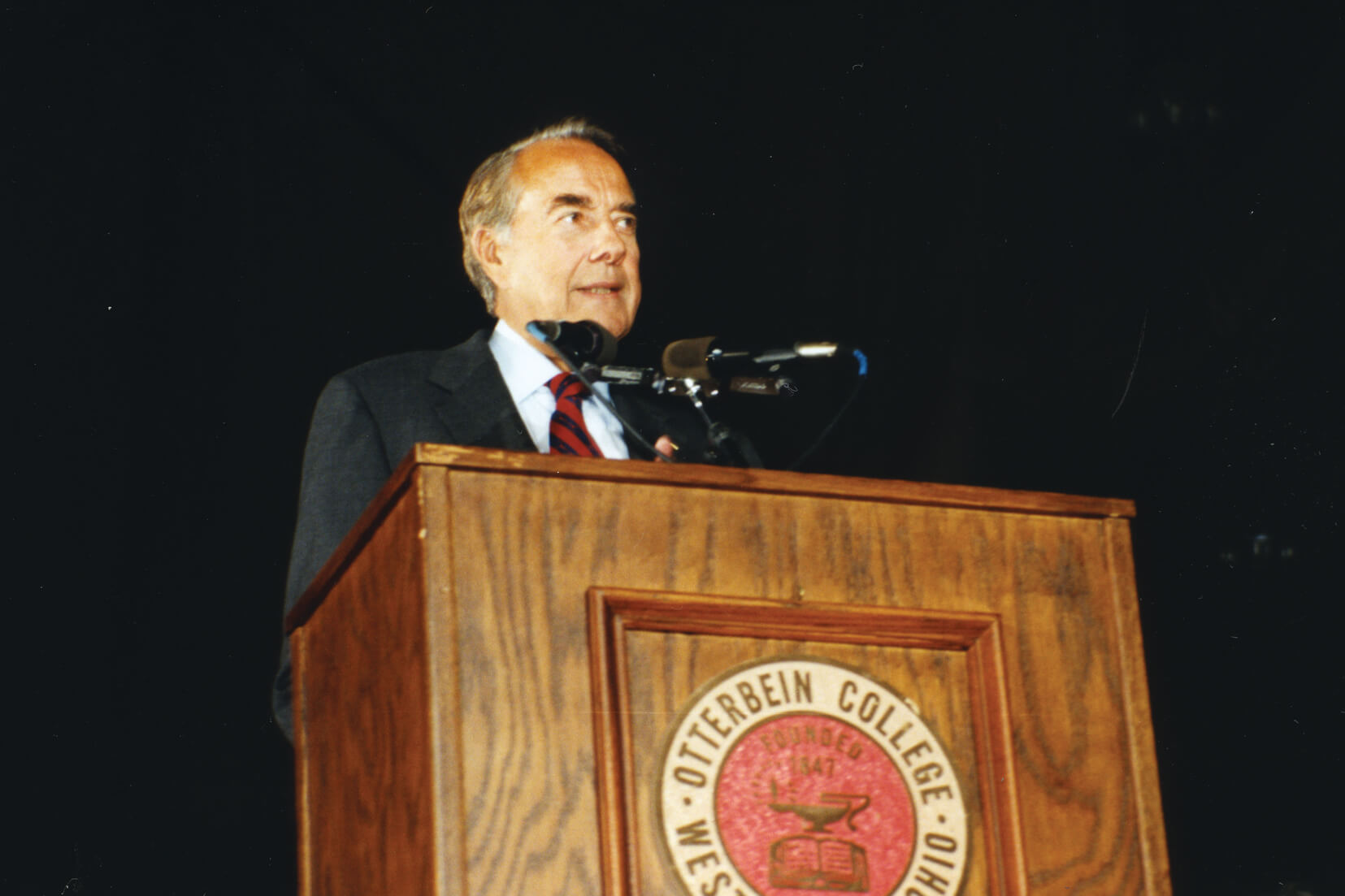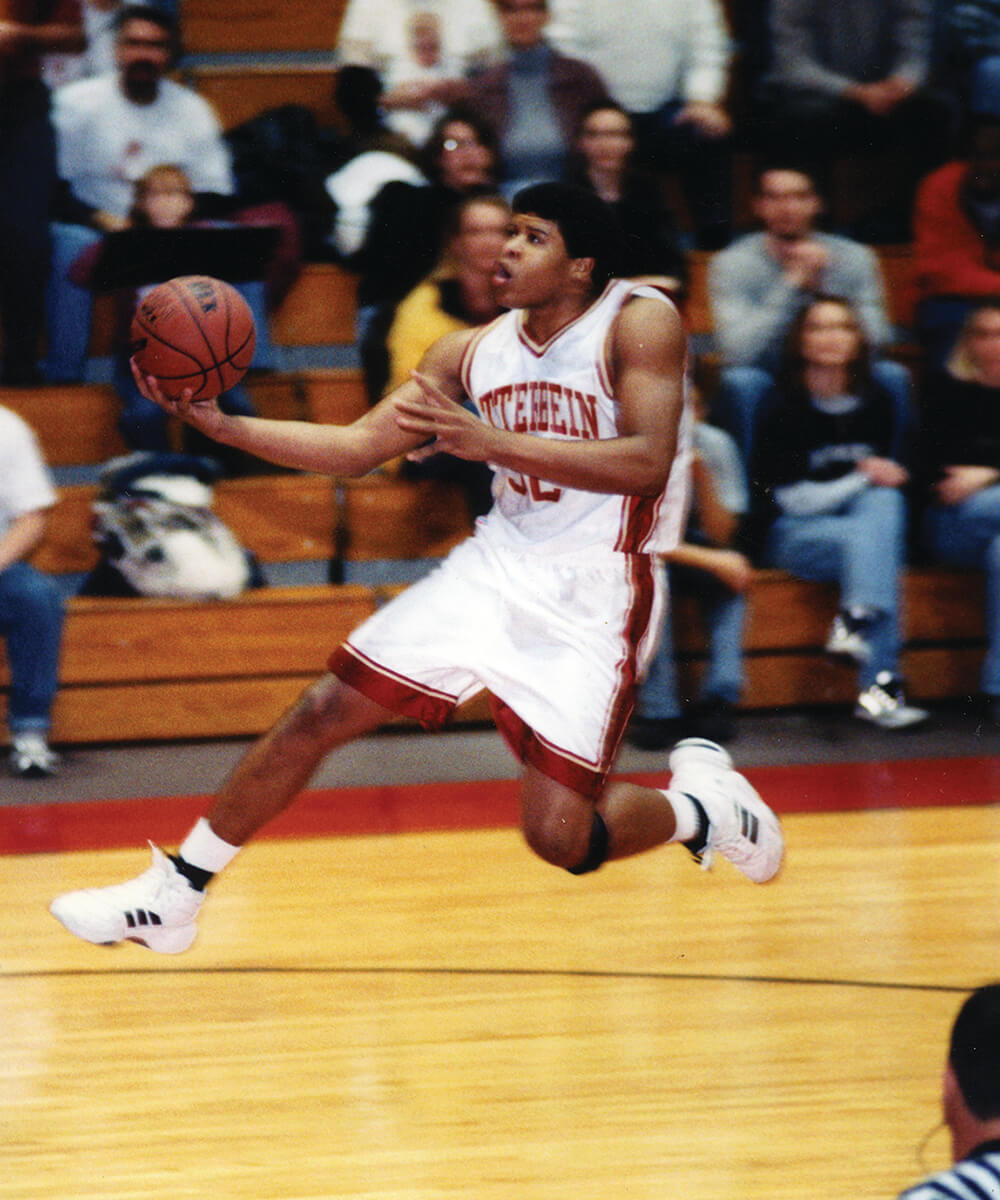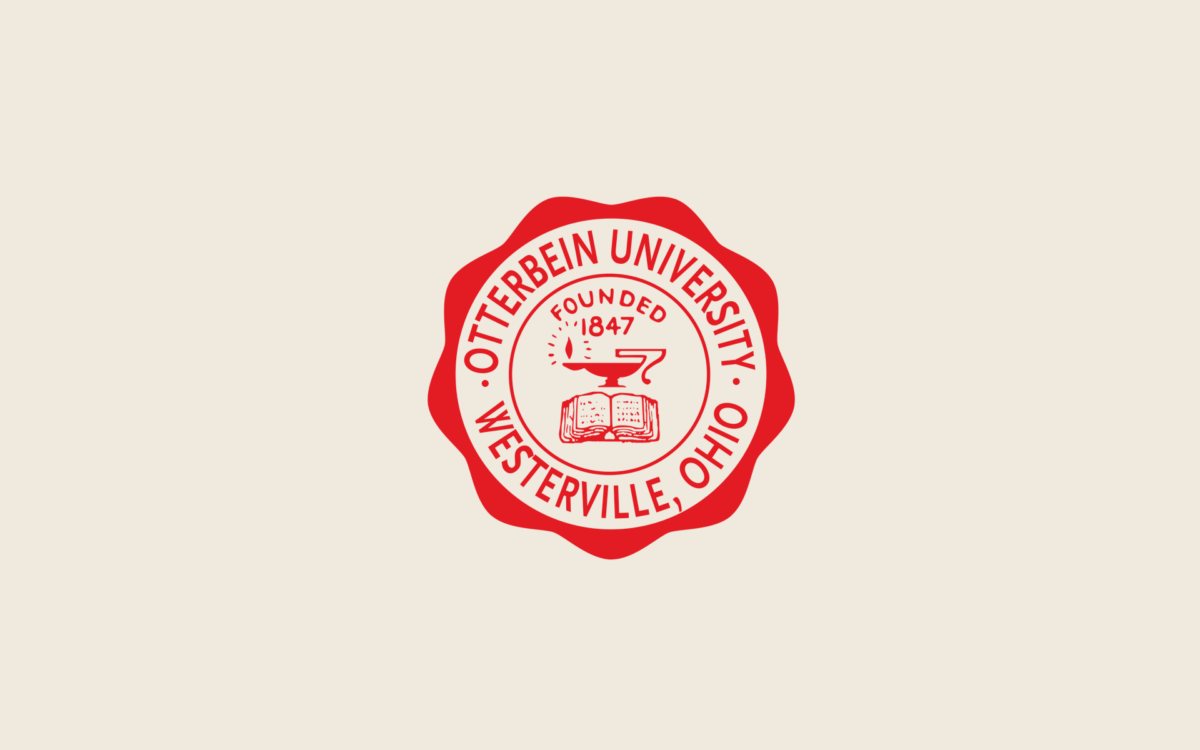How did Otterbein prepare you for your career?
Otterbein provided a strong foundation of critical thinking throughout the curriculum. The Integrative Studies classes provided a broad range of topics to indulge in, and the business classes were integral in shaping my understanding of business and commerce. Socially, Otterbein helped me engage with students and faculty from various backgrounds and walks of life. This has been very important to my development as a business executive.
Why are you serving on Otterbein’s Board of Trustees?
Otterbein has given me so much that it feels natural to stay engaged as Otterbein continues to be a beacon of hope and opportunity in the lives of students. Everywhere I go, I try to weave Otterbein into the conversation. It is easy to talk about something you love.
What challenges are facing higher education, and how is Otterbein addressing them?
The affordability of higher education remains a challenge across the board. The administration of Otterbein is working hard to fundraise, control expenses where possible, and model our financial aid to keep Otterbein affordable for generations of families to come. We are particularly committed to remaining an institution of opportunity for first-generation college students and students of color.
Another challenge is ensuring we are graduating students that are prepared for post-graduate institutions and industries that will be in-demand over the next couple decades. One way we are doing this is the development of the Coalition for the Common Good. I would encourage all alumni to learn more about this effort, as it allows us to focus on what we do best.
Describe your leadership style and how you will apply it to your board leadership.
I would describe my leadership style as level-headed, collaborative, and engaging. We have an incredible board with a governance model that includes students, faculty, and alumni. I will continue to rely on the board to make sound decisions to provide our students with a world-class experience.
What areas of opportunity do you see for Otterbein?
We must continue to improve our physical plant and infrastructure. To remain competitive, we need to consistently improve our facilities to ensure our students have an environment that is conducive to living and learning. The Campus Center is an example. The upgrades we are making to that facility are going to benefit students for years to come.
What are your priorities as Board Chair?
Remain student-focused on decisions we make as a board. Ensure we are making fiscal decisions that set up Otterbein for long-term viability and success. Strengthen our position in the undergraduate market as we leverage our efforts within the Coalition for the Common Good.
Why did you choose to attend Otterbein?
When I visited Otterbein as a high school senior, it felt like home. I can recall the night before making a final choice of where to attend, I received a call from (Associate Director of Admission) Jeanne Talley. It was her personal touch and care for my well-being that made the ultimate difference.
What was your major and what extracurriculars were you involved in?
Business Administration with a Minor in Sociology. I was active in the African American Student Union, Otterbein University Gospel Choir, and joined Iota Phi Theta Fraternity, Inc.
What were your fondest memories of your time at Otterbein?
I had a great experience at Otterbein, so there are many to choose from. From having Thanksgiving Dinner at President Devore’s home, to playing in the championship game of the intramural football league – the great times were numerous. Ultimately, I was part of a community that was nurturing, insightful, and valuable, both personally and professionally. The fondest memory was my father and I embracing and crying together at commencement. My parents were very supportive of my educational pursuits, so it was gratifying to pay them back by completing my undergraduate education at Otterbein.
Were there faculty or staff members who had a particular impact on you?
Jeanne Talley, who worked in Admission, was part of my inspiration to attend Otterbein. Throughout my time at Otterbein, she consistently checked in to make sure I was doing what was expected of me along the way. She held me accountable, which was like having a second mom right there on campus.
What do you think is special or different about Otterbein graduates?
Otterbein graduates understand the importance of service. The education we receive at Otterbein is top notch, yet it is the commitment of service to others that sets us apart.


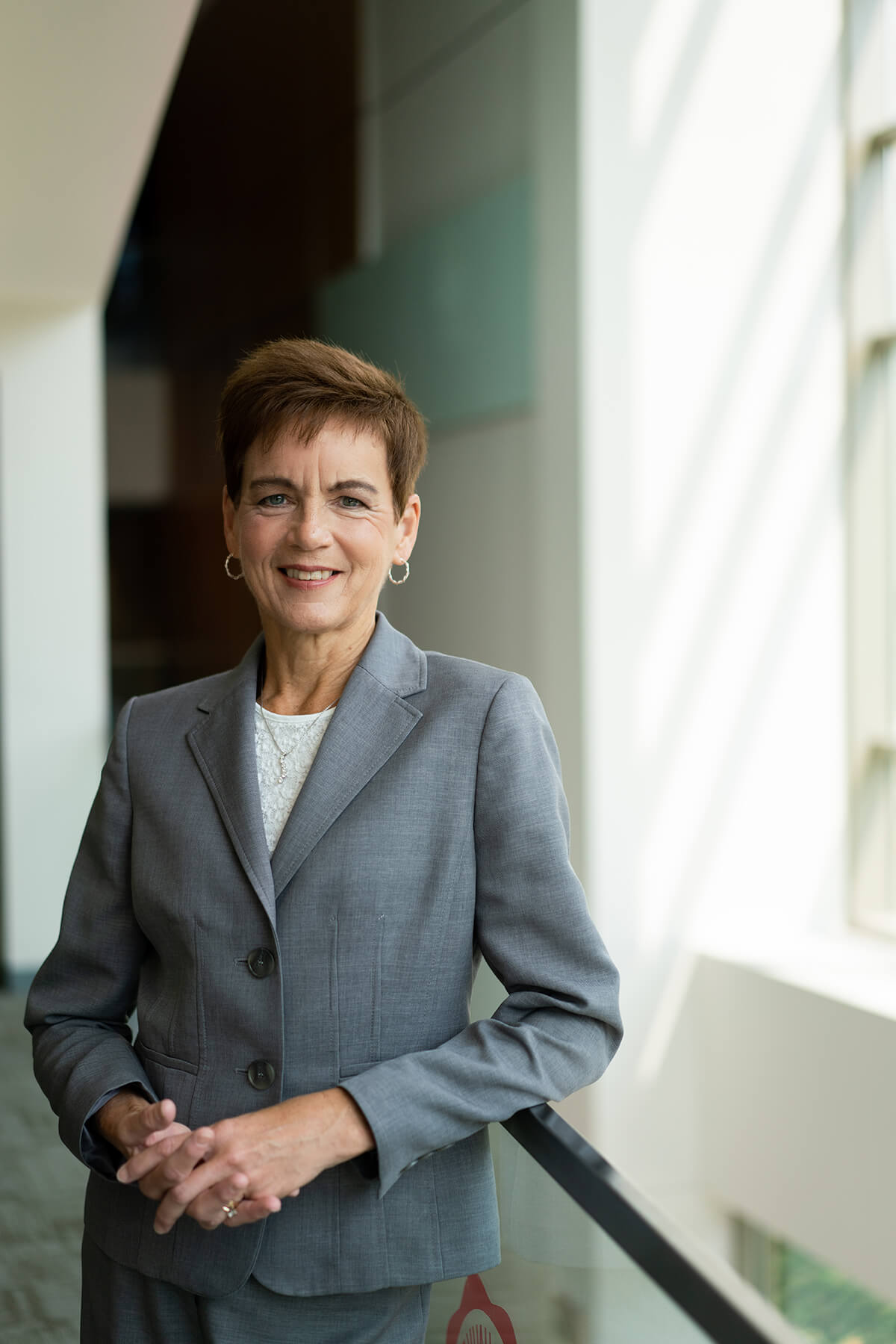


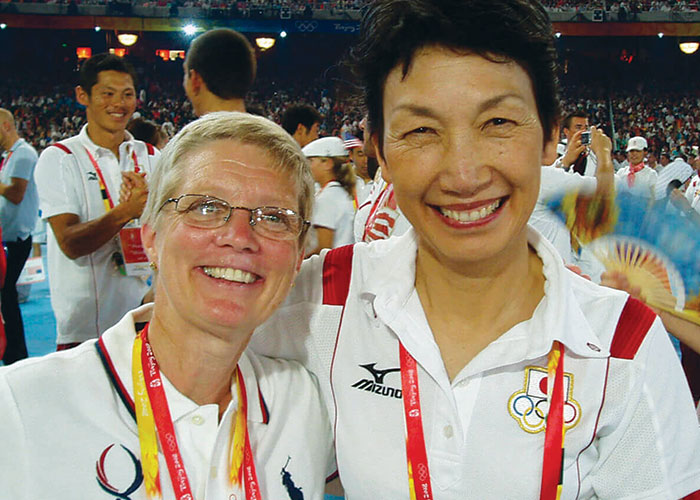



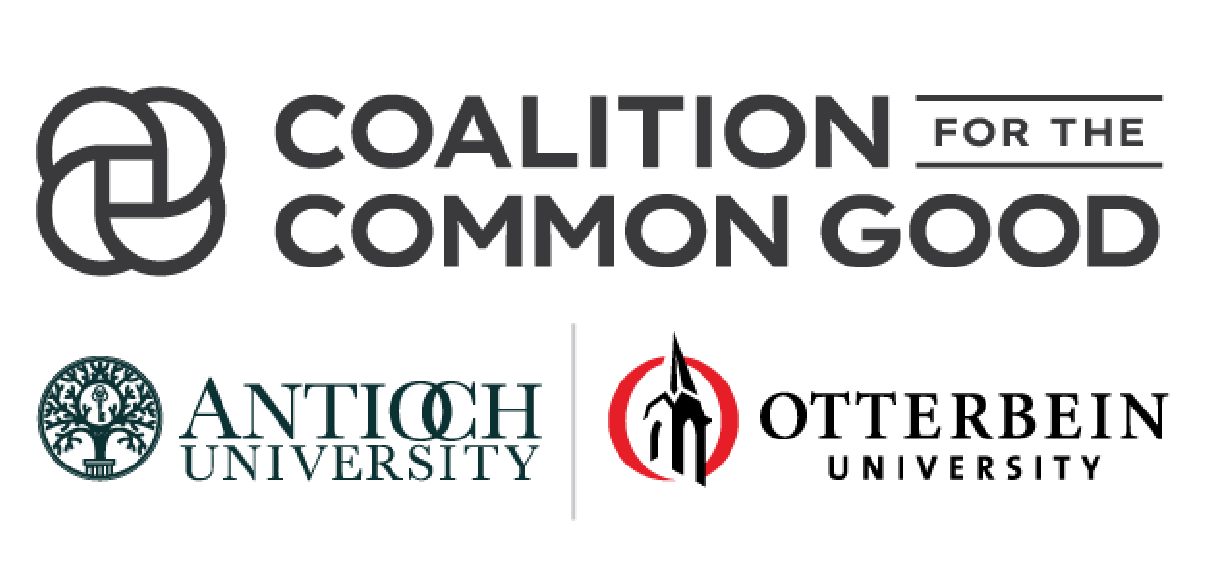
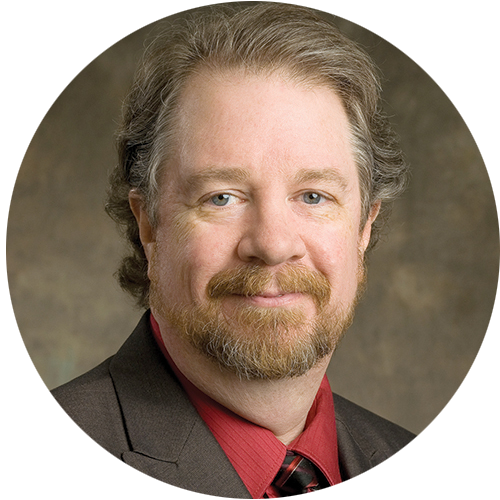











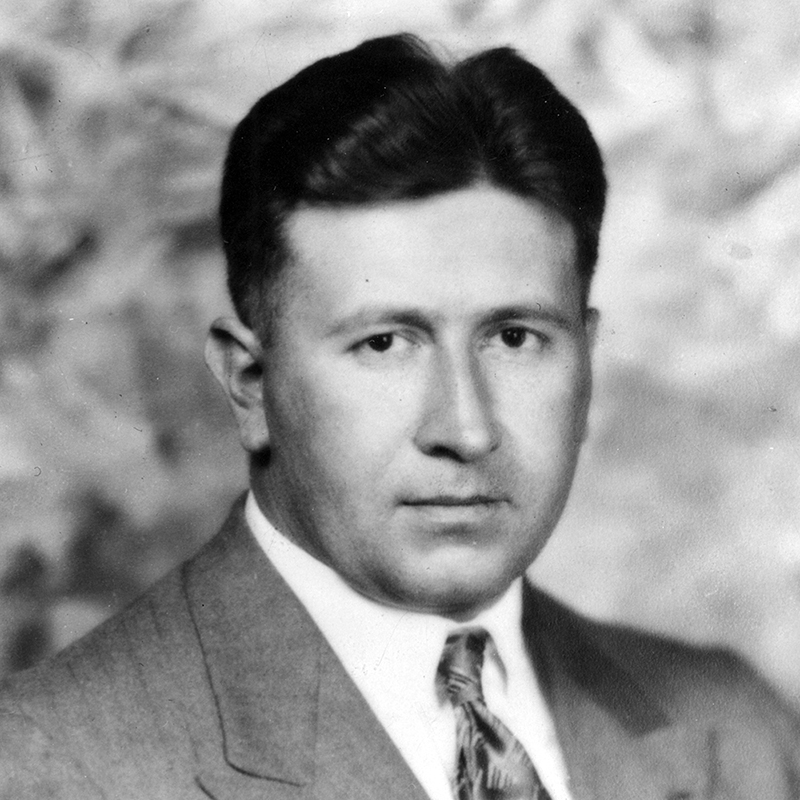

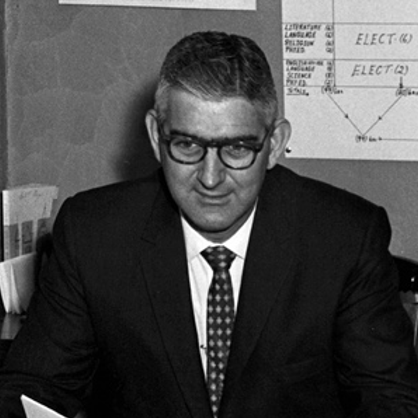

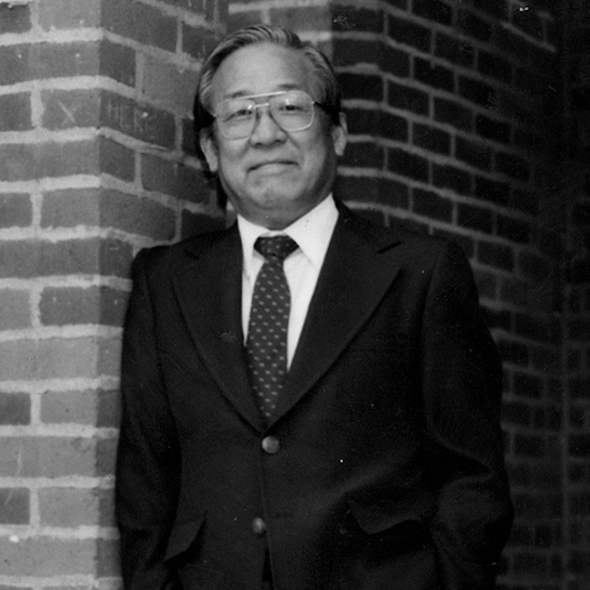

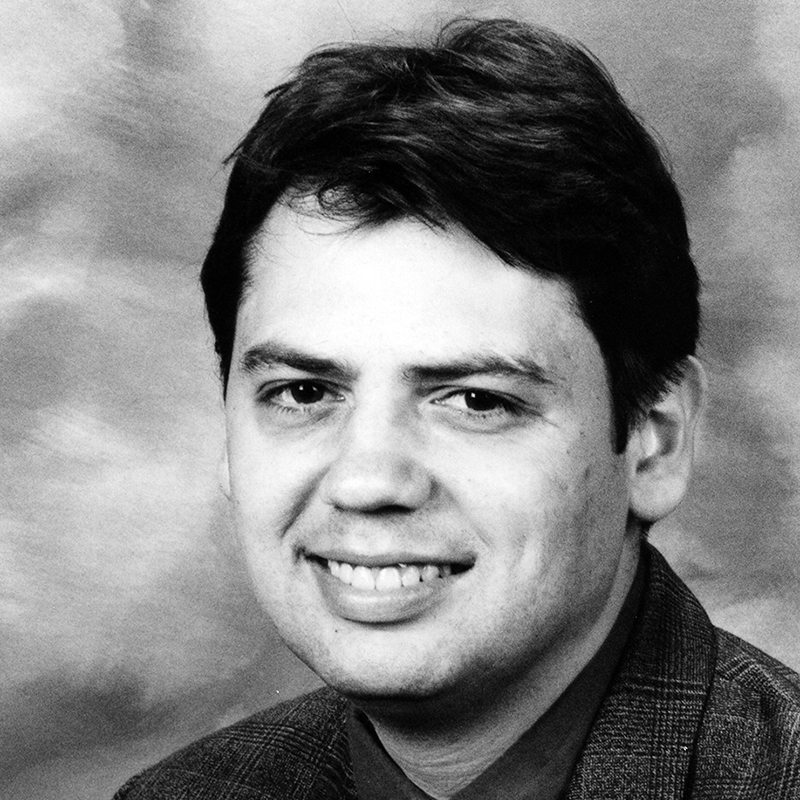

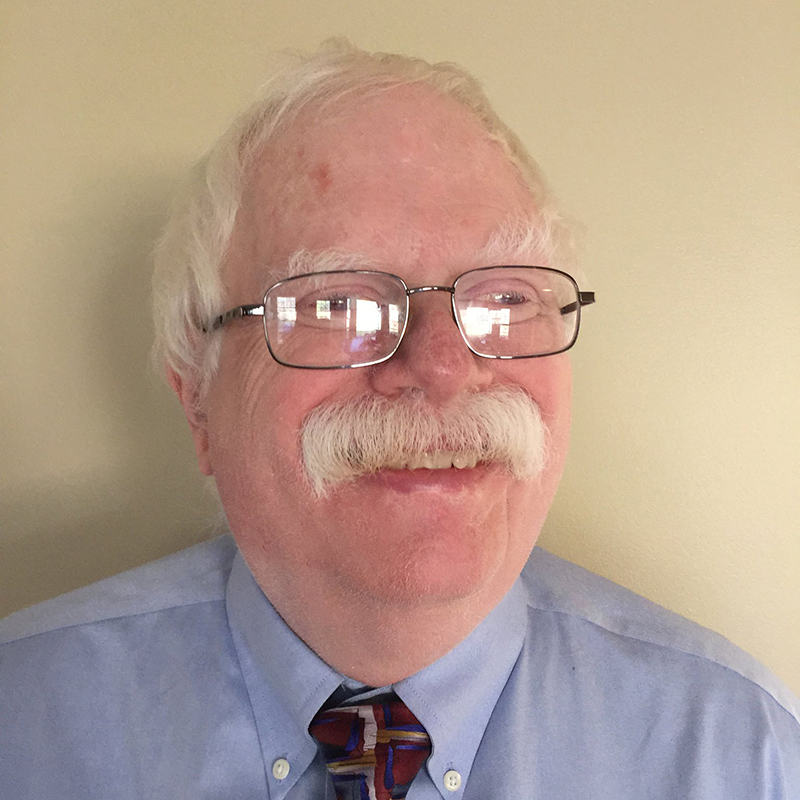

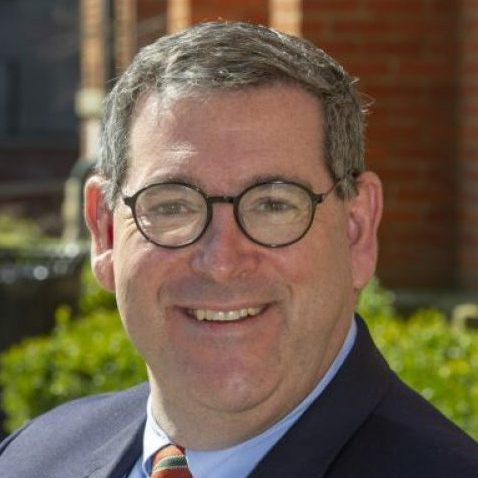
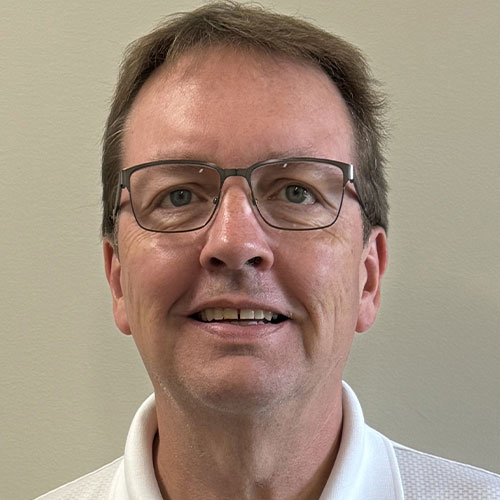






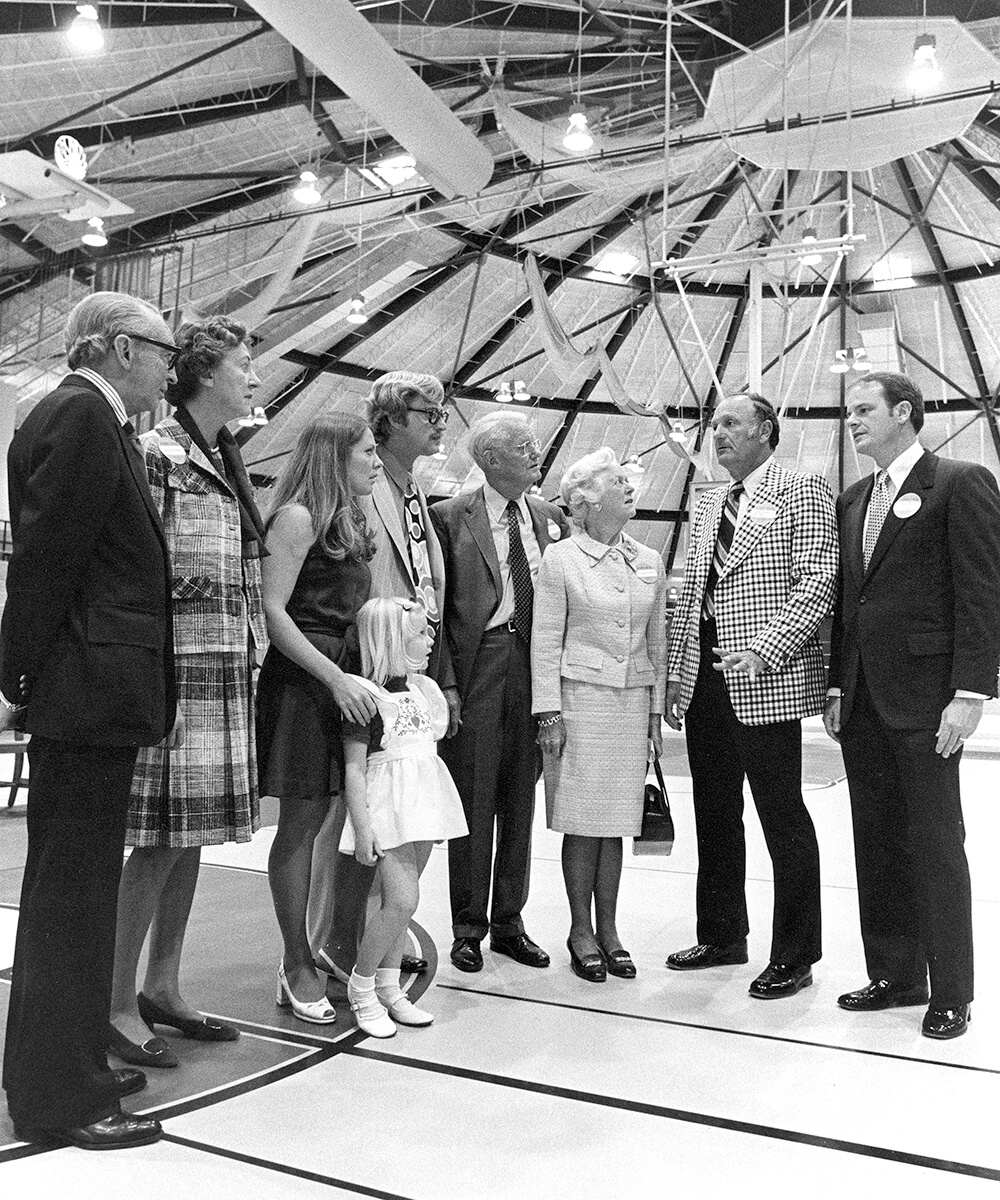
 The design has allowed the facility to be adapted to address changing needs over the past 50 years, thanks to the open-area concept championed by former Director of Athletics Elmer “Bud” Yoest ’53, P’77, P’80. The Rike Center has hosted commencements, college fairs, and even the October 2019 Democratic Presidential Debate, presented by CNN and The New York Times.
The design has allowed the facility to be adapted to address changing needs over the past 50 years, thanks to the open-area concept championed by former Director of Athletics Elmer “Bud” Yoest ’53, P’77, P’80. The Rike Center has hosted commencements, college fairs, and even the October 2019 Democratic Presidential Debate, presented by CNN and The New York Times.